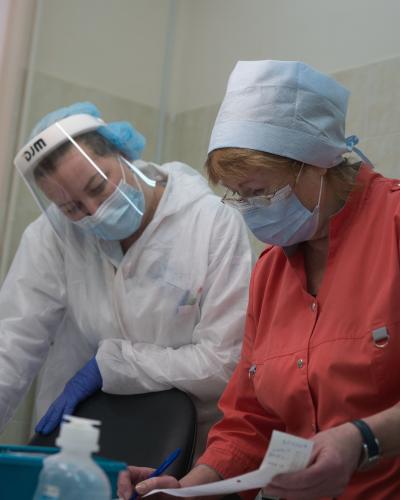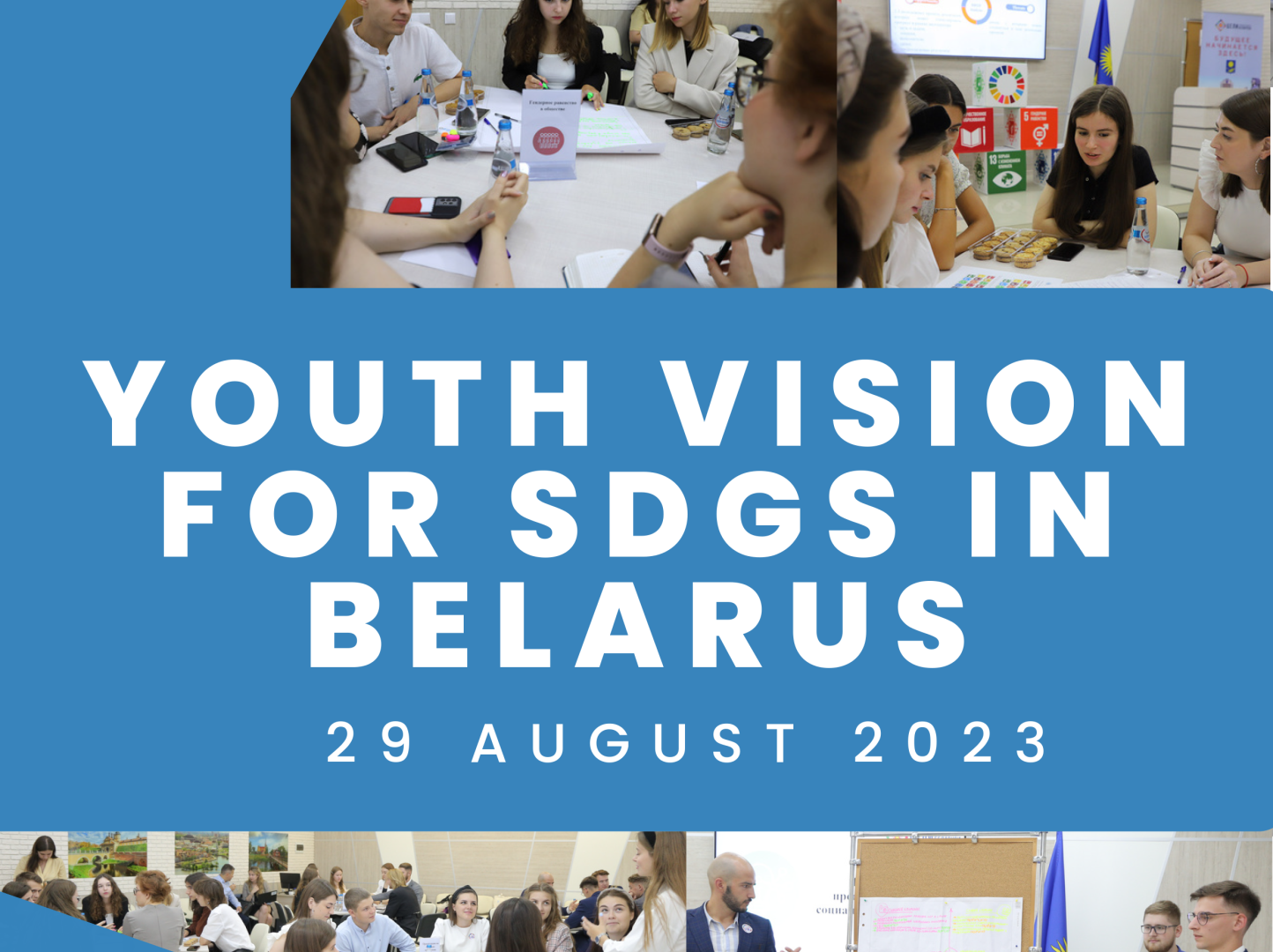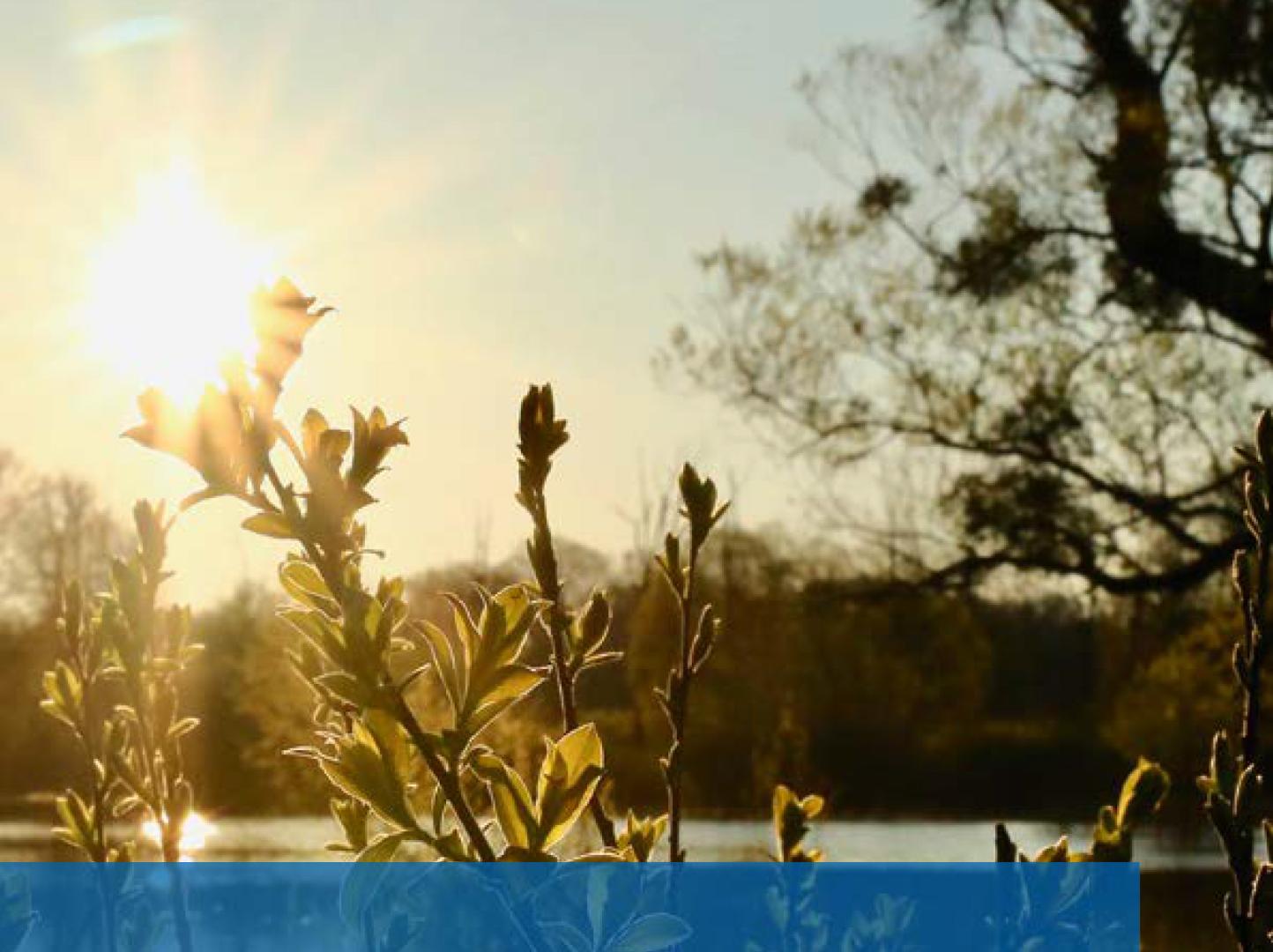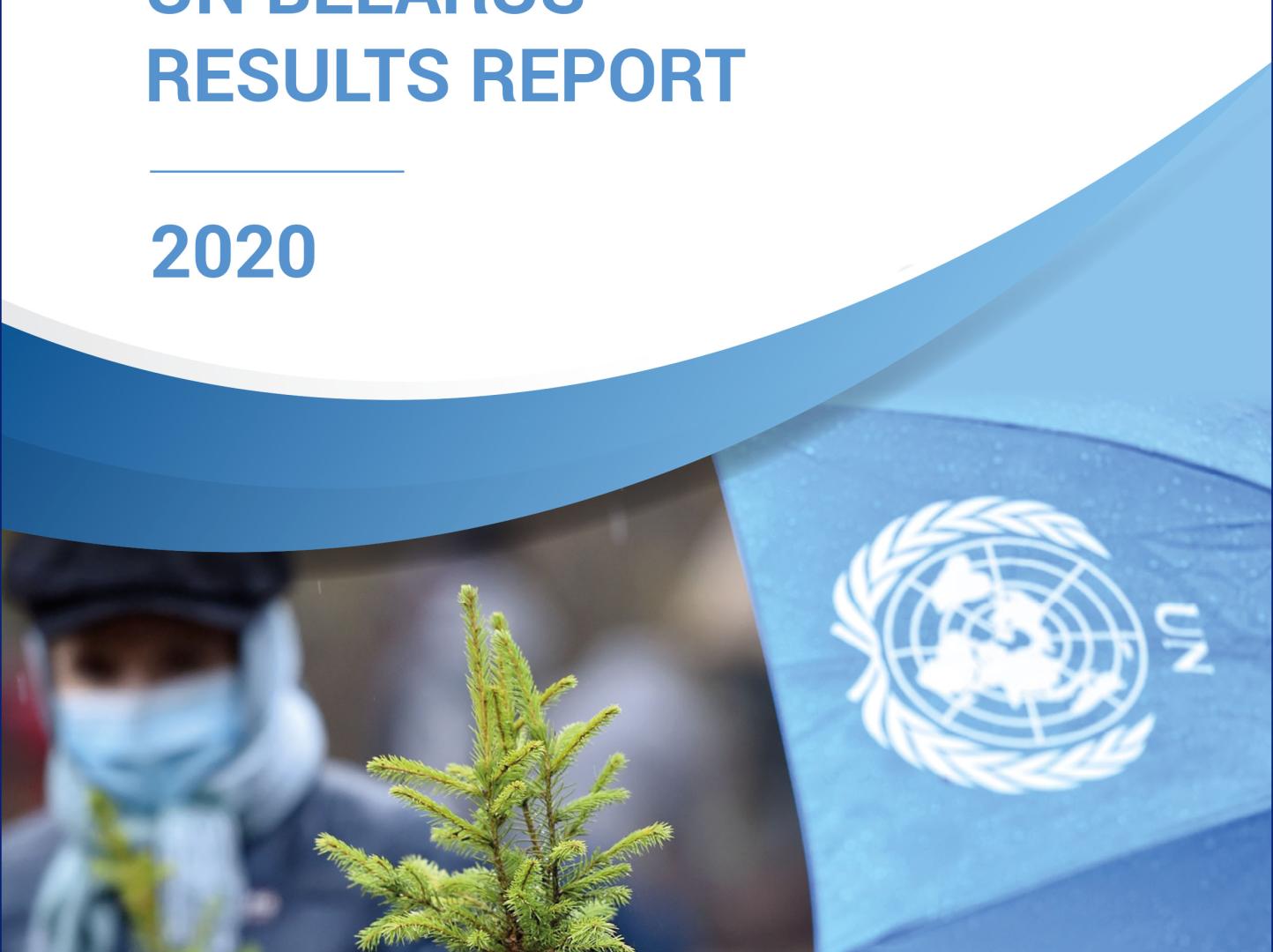Gender equity at the centre of UN system’s work in Belarus

Women and girls represent just over half of the population globally and in Belarus and, therefore, half of the national potential. Gender equality is not a new term. It was made part of international human rights law by the Universal Declaration of Human Rights adopted by the UN General Assembly on 10 December 1948 (74 years ago!). The document recognised that “All human beings are born free and equal in dignity and rights” and that “everyone is entitled to all the rights and freedoms set forth in this Declaration, without distinction of any kind, such as race, colour, sex, language, religion, … birth or other status.” The Beijing Declaration of 1995 emphasized the importance of women’s rights as human rights and committed to specific actions to ensure respect for those rights. Gender equality is one of the main development accelerators and is achieved when women and men have equal opportunities to contribute to the economic, social, cultural and political development of the country. Besides being a fundamental human right, gender equality is also essential to achieve peaceful societies with full human potential and sustainable development, spurring productivity and economic growth.
To underline the importance of gender equality, the 17 Sustainable Development Goals (SDGs) include a stand-alone gender goal (Goal 5: "Achieve gender equality and empower all women and girls") that is dedicated to ensuring women’s rights around the world. Achieving a gender-equitable society is one of the four strategic priorities of the agreed UN-Belarus Sustainable Development Cooperation Framework for 2021-2025. The work on gender equality is supported by all UN agencies active in Belarus and is closely linked with implementation of the National Action Plan for Gender Equality 2021-2025.
The focus of UN programming in this area in Belarus has been on combating gender-based and domestic violence, improving the economic participation of women, enhancing the role of women in decision-making in the public and private sectors, narrowing the gap in life expectancy between men and women, and addressing the needs of men and women from vulnerable groups, such as migrants, refugees, stateless persons, people with disabilities, and people living with HIV.
The theme of International Women’s Day in 2023 “DigitALL: Innovation and technology for gender equality” recognises and celebrates the women and girls championing the advancement of transformative technology and digital education. It is a good opportunity to reflect on the work of UN system agencies supporting women in this area.
UNFPA and A1 mobile operator in Belarus are running a project teaching digital fluency and using mobile devices more effectively among older people, especially those with poor smartphone skills living in small towns and rural areas. Digital frustration often becomes a significant barrier for older adults and leads to lack of self-confidence and motivation in using the technology for communication and access to services online. In Belarus, where, according to recent data, women outlive men on average by 10 years and represent 66,8% of all the elderly population, most learners are women. Learning digital skills allows them to stay connected with families and younger generations, positively affects their social skills, and enhances the quality of lives even in the most remote areas (e.g., by being able to use telemedicine, etc.).
The war in Ukraine continues for over a year now and has had its toll on Ukrainians with nearly one-third of the population forced to flee their homes. In Belarus, according to official data as of February 2023, there are 20,536 Ukrainian refugees registered in the country. Among them, 66% are women. Working under the leadership and coordination of UNHCR, all UN system agencies in Belarus have been contributing to implementation of the Regional Refugee Response Plan.
Thus, UNFPA provides support to vulnerable refugees, mainly women, older people (53.5% of all refugees) and people with disabilities. The support is preceded by a needs assessment and includes medical and psychological services, counselling regarding gender-based violence, support in receiving documents and allowances and delivering other gender-based services.
Under the Regional Refugee Response, IOM also aids female refugees along with other migrants and victims of human trafficking. Even the voluntary migration process entails risks that may render migrants vulnerable, such as exposure to gender-based violence. That’s why special attention is paid to the well-being of women and girls. IOM encourages their aspirations in various spheres of life through educational courses and support for business ideas.
According to WHO, women make up to 78% of the health workforce in the European region but hold only 25% of leadership positions in health. Women working in the sector of health care and social assistance often face challenges, including unequal pay and limited career advancement. In Belarus, about 85% of workers of the health sector are women, but on average they make 24% less in earnings than men, facing a larger pay gap than in other sectors.
Most unpaid informal carers are also women. WHO encourages states to invest in women’s education, training, pay, working conditions, leadership roles and the respect they are entitled to.
UNDP works together with local and national partners to amplify the advantages and find innovative solutions to challenges associated with digitalisation in entrepreneurship, education, healthcare, and climate action.
UNDP-supported health procurement improved the quality and accessibility of medical services by delivering new hi-tech medical equipment to 25% of Belarus’ hospitals. With 73,9% physicians and 95,5% nurses and medium medical personnel being women, UNDP helped to strengthen their personal and health system capacity to provide high quality health services and safe and technology-driven working environment for women in healthcare.
Also, in 2022, UNDP supported 36 women-led initiatives through innovations, digital business infrastructure, and offering new market opportunities. In Žlobin district, women introduced techno-innovations in beekeeping to boost local economic development, promote green knowledge and help preserve biodiversity. Four new online sales and marketing platforms help women running local small businesses to expand their business. New knowledge and skills for women and girls are critical for harnessing technology and innovations for gender equality. In the Biaroza district, women can enrol in a new online course on sustainable gardening. Along with the Ministry of Economy of Belarus, UNDP devised a new mentoring program for women entrepreneurs, scheduled for launch in 2023.
The UN in Belarus will continue its development work on gender equality and digitalisation to make sure that women are able to fully realise their incredible potential in every age group, and support achieving the development objectives of Belarus.




